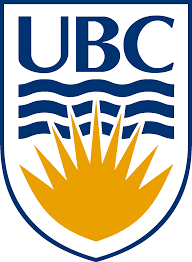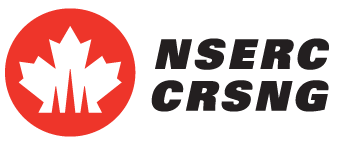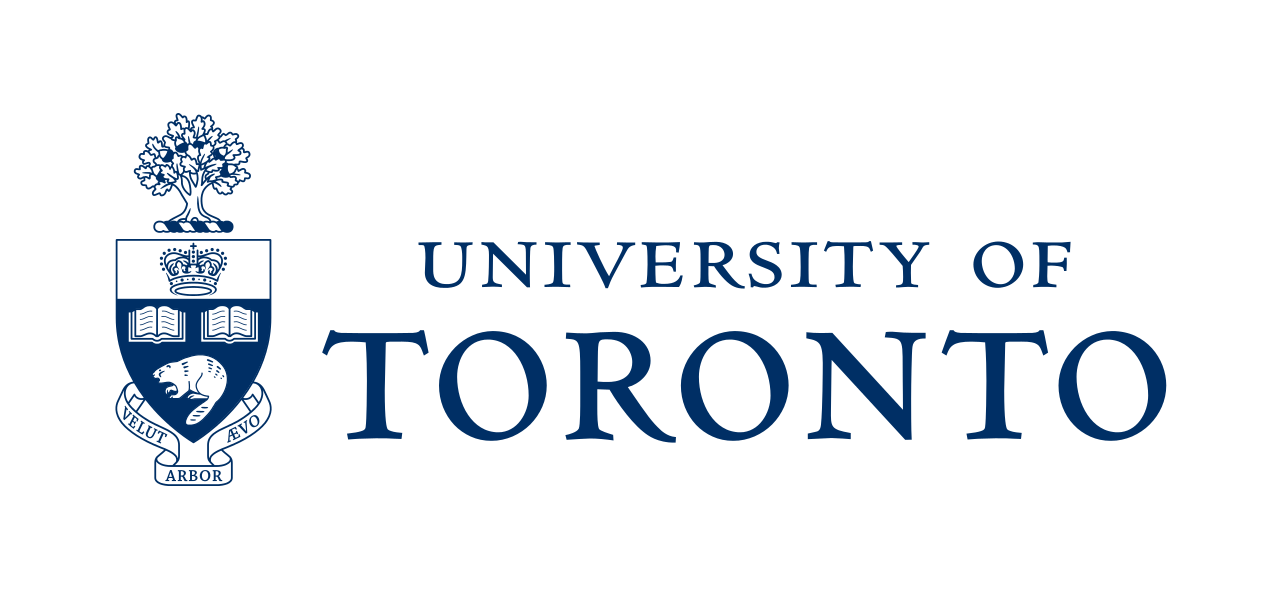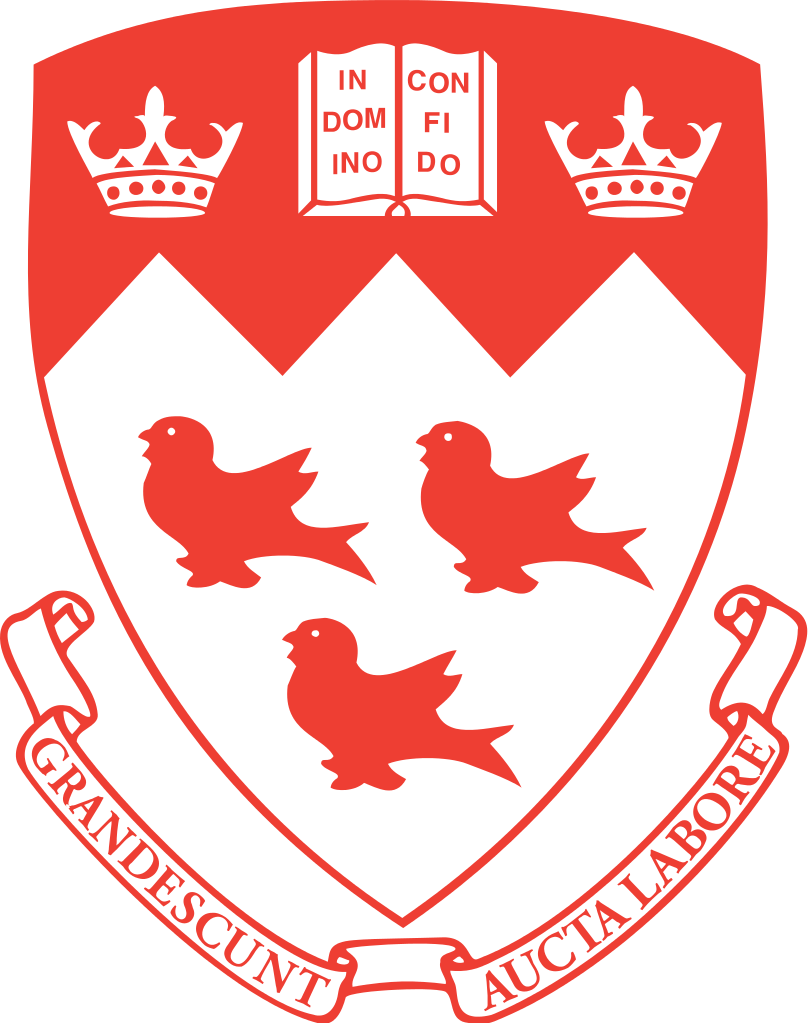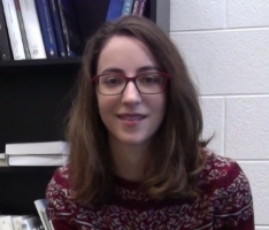
Primary Advisor: Ray Jayawardhana
Secondary Advisor: René Doyon
Dr. Elodie Hébrard completed her Masters degree in fundamental Physics at Orsay University, Paris Sud XI. Elodie came to York after completing her PhD at the Institut de Recherche en Astrophysique et Planétologie in Toulouse, France with Jean-François Donati (IRAP) and Xavier Delfosse (IPAG, Grenoble) as co-supervisors. Her thesis work focused on modelling the radial velocity ‘jitter’ induced by magnetic activity in low-mass and young stars, in order to unravel the otherwise hidden RV signal due to planets. Her work has not only advanced our understanding of activity on M dwarfs and T Tauri stars, but also pushed the frontiers of exoplanet discovery. She is now working as a Post-Doctoral Fellow in Astrophysics & Physics Department at York University.
Elodie is now preparing for the guaranteed time surveys with SPIRou, and as SPIRou’s principal investigator Jean-François Donati put it, her expertise “is bound to become a key asset for optimally exploiting the SPIRou RV data to be collected in the near future.”
Collaborating with Prof. Doyon, co-PI of SPIRou, within the TEPS program will not only benefit Elodie’s own research but also enhance the optimal use of the instrument and its science impact for everyone involved. Moreover, during her postdoctoral fellowship, Elodie expects to pursue new research directions as well. In particular, she is analyzing Gemini telescope observations of hot Saturn exoplanets to characterize their atmospheres through the detection of sodium absorption and Rayleigh scattering.
In so many ways, Elodie is a terrific fit for TEPS, and will help advance the Exo-Planetary Discovery theme.
Relevance to TEPS
Elodie’s postdoctoral work will consist primarily of two aspects of research; Enabling planet detection around low-mass and young stars as well as Comparative exoplanetology: Transmission spectroscopy of hot Saturns. Both are directly relevant for the Exo-Planetary Discovery theme of the TEPS CREATE program. The first is also relevant for the Instrument Development theme.


